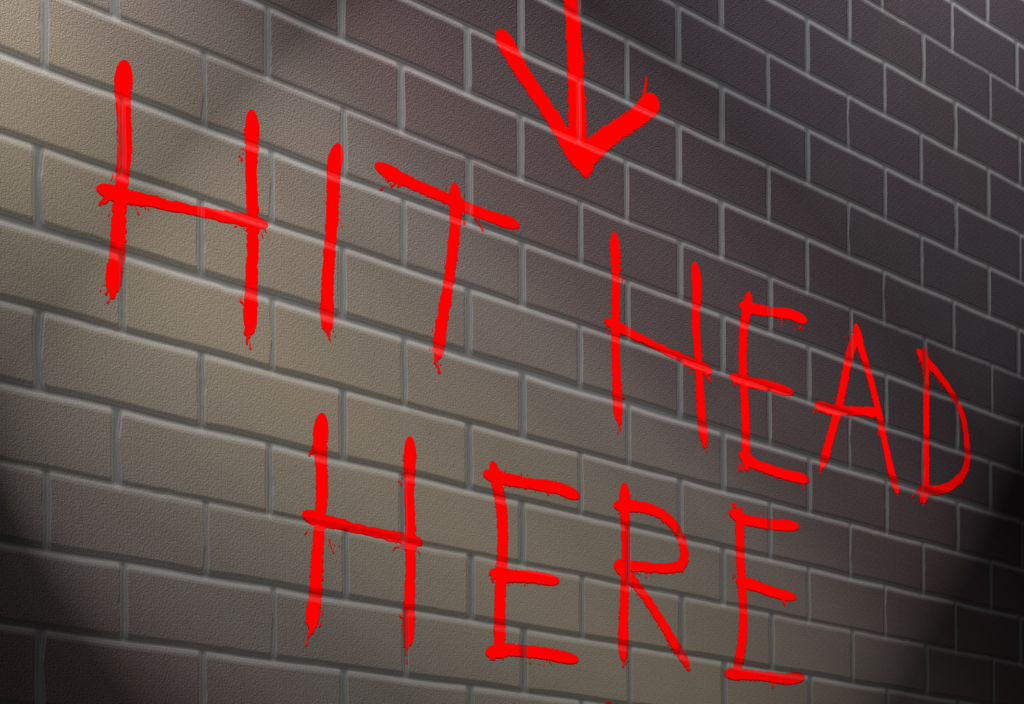Federal cannabis legalization will happen. It is no longer a matter of “if”, but of “when.” So what do prohibitionists really hope to accomplish?
A few weeks back, the House of Representatives again advanced the MORE Act (Marijuana Opportunity and Expungement Act), which puts cannabis one step closer to federal decriminalization (more on that here). While it’s unlikely that the MORE Act will advance past the Senate, the House’s repeated passing of the MORE Act signals a major change in perception and attitudes towards legalization of cannabis.
Even if the MORE Act doesn’t move through the Senate, something else eventually will even if it will take a few years. Popular opinion clearly favors it and eventually, politicians will listen to their constituents. In 2021, it was reported that 68% of Americans favored cannabis legalization. That number has undoubtedly gone up and will continue to go up over the coming years. Even Republicans are proposing cannabis legislation!
Today, nearly all U.S. states have legalized or decriminalized cannabis in one form or another. All statewide cannabis ballot measures are generally very popular with voters, despite attacks from prohibitionist politicians in state legislatures and in the courts. It may even come to pass that all 50 states legalize cannabis before the federal government does.
In 2020, MJ Biz Daily reported that there were more than a quarter of a million people employed in the state-legal cannabis industry. This number too is likely much higher today. Imagine what that number will look like once more states jump on board. What would happen to these folks (and their families) if the prohibitionists were to accomplish anything?
It is very clear that people in the U.S. want cannabis to be legal and want people to stop being thrown in jail for consuming cannabis. So, it may come as a surprise that there are still groups that actively are working to defend the old status quo of prohibition. (I won’t name specific groups here, but any reader is familiar with a few.)
With cannabis legalization being so popular, the continued existence of prohibitionist groups begs the question: what do they really hope to accomplish? Do they think states will really eviscerate entire regulated industries? Do they think states will abandon juicy tax and licensing revenue? Do they think states will close new agencies and terminate state employees? Even conceptually, it’s hard to see how this could play out.
Do they think constituents would be happy? Would a state resident be psyched to have to go back to buying cannabis on the illegal market and in back alleys? Would cannabis employees (and their families) be content knowing they had no more income? It would be political suicide.
Do the prohibitionists think that a return to prohibition would be good for the environment or public safety? Would it be good to have illegal cultivation rings tapping into protected water sources and devastating local animal and plant population? Would it be good for cartels to come back into the picture? What about the fires and explosions we’ve seen from illegal manufacturing operations in densely populated cities – those aren’t a big deal, right?
Do prohibitionists even care that people are still being jailed, subject to forfeiture, and having civil liberties violated? Do they think those numbers would magically go away if we made drug laws more restrictive? It kind of goes without saying that prohibition never stops people from doing drugs – just from doing them safely or legally. Perhaps the prohibitionists are just okay with the collateral damage of the drug war.
I hate to be cynical but at this late stage in the game, it’s really hard to see what prohibitionist groups think they can accomplish in 2022 other than scaring social conservatives and fundraising. They would be better off advocating for youth education, access to treatment, or other similar things that don’t result in criminal penalties or ridiculous and unrealistic asks. Advocating for a return to twentieth century drug policy won’t do anything. It is a losing battle, as they must know after 25 years of defeat after defeat.
























